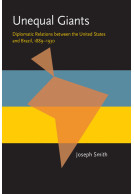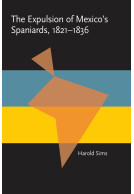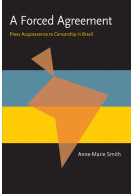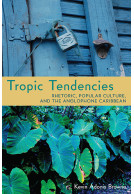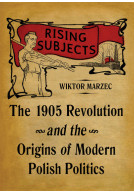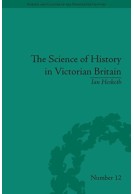The Practice of Politics in Postcolonial Brazil (Paperback)
Porto Allegre, 1845-1895
Imprint: University of Pittsburgh Press
Series: Pitt Latin American Series
Pages: 296
ISBN: 9780822958970
Published: 28th December 2005
Script Academic
Series: Pitt Latin American Series
Pages: 296
ISBN: 9780822958970
Published: 28th December 2005
Script Academic
You'll be £41.00 closer to your next £10.00 credit when you purchase The Practice of Politics in Postcolonial Brazil. What's this?
+£4.99 UK Delivery or free UK delivery if order is over £40
(click here for international delivery rates)
Order within the next 4 hours, 24 minutes to get your order processed the next working day!
Need a currency converter? Check XE.com for live rates
(click here for international delivery rates)
Order within the next 4 hours, 24 minutes to get your order processed the next working day!
Need a currency converter? Check XE.com for live rates
The Practice of Politics in Postcolonial Brazil traces the history of high and low politics in nineteenth-century Brazil from the vantage point of the provincial capital of Porto Alegre. In the immediate postcolonial period, new ideas about citizenship and freedom were developing, and elites struggled for control of the state as the lower classes sought inclusion in political life. In a shift from the Liberal Party to Positivist or Conservative rule during the bloody Federalist Revolt of 1893–1895, new leaders sought to bring about a more balanced structure of government where the capitalist was sympathetic to the worker, and the worker more passive toward the elite. This represented a complete change of opinions—a new regime of ideas. Termed a “scientific” approach by its proponents, the movement was based on historical process and would be brought about through civic education. Against the backdrop of the abolition of slavery and subsequent assimilation, the rise of European immigration, and industrialization, Kittleson investigates how “the people” shaped changing political ideologies and practices, and how through local struggles and changes in elite ideology, the lower classes in Porto Alegre won limited political inclusion that was denied elsewhere.
Other titles in the series...
Other titles in University of Pittsburgh Press...









